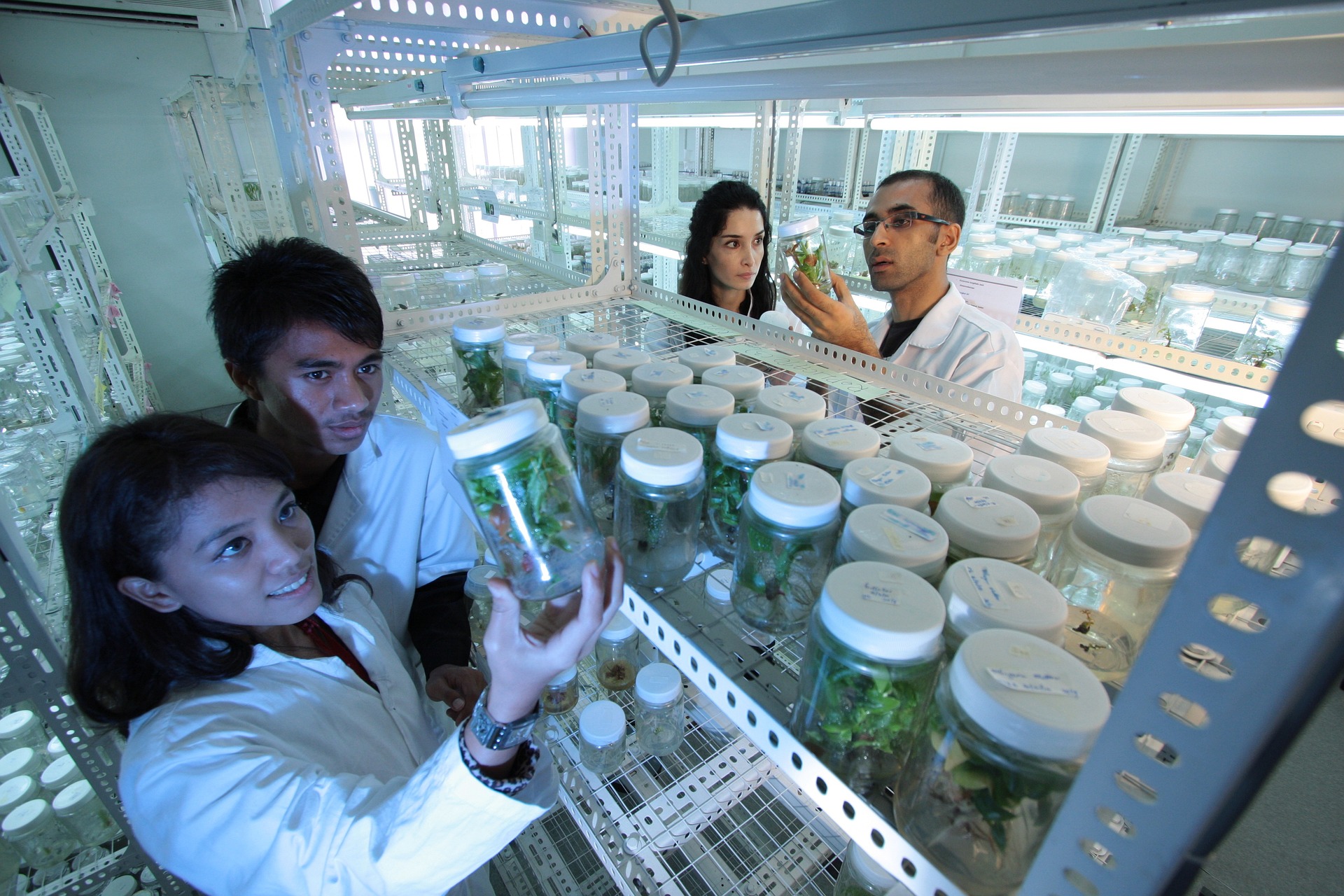New Discoveries and Innovations in Biotechnology

New Discoveries and Innovations in biotechnology
Some areas in biotechnology that were rapidly advancing and likely to have seen significant innovation and discoveries by 2023:
- Gene Editing and CRISPR: The most groundbreaking technology that emerged in the last decade was CRISPR-Cas9, which allows for precise, targeted changes to the genome. Innovations in this area are expected to continue, with potential advancements in the precision, efficacy, and safety of this technology. Developments might also include new applications of CRISPR technology beyond just gene editing, such as disease diagnostics or the creation of advanced bio-materials.
- Synthetic Biology: This is an interdisciplinary field that involves the design and construction of new biological parts, devices, and systems. Synthetic biology was on the rise, with potential applications in areas like biofuels, biodegradable plastics, and novel pharmaceuticals. As the field matures, we could expect to see more advanced synthetic organisms and new approaches to bioengineering.
- Cell and Gene Therapies: This is an area where significant progress was being made. Given the approval of several cell and gene therapies, the field might now be focusing on how to manufacture, distribute, and administer these therapies at scale. There could also be advancements in the types of diseases that can be treated with these therapies.
- Protein Design: The ability to design proteins with novel functions could have wide-ranging applications, from developing new drugs to creating novel materials. Recent advancements in machine learning, like AlphaFold by DeepMind, have the potential to significantly accelerate this field.
- Microbiome Research: Our understanding of the microbiome (the collection of microbes that live in and on the human body) was rapidly advancing. Novel insights into the role of the microbiome in health and disease could lead to the development of new therapeutics.
- Biomaterials and Tissue Engineering: With advancements in 3D printing and biomaterials, tissue engineering is a potential area for significant innovation. The development of organs for transplantation is one of the long-term goals of this field.
- AI and Machine Learning in Drug Discovery: AI and machine learning are playing an increasingly important role in drug discovery. These technologies can significantly speed up the process of identifying potential drug candidates, predicting their properties, and optimizing their design.
Leave a Reply Cancel reply